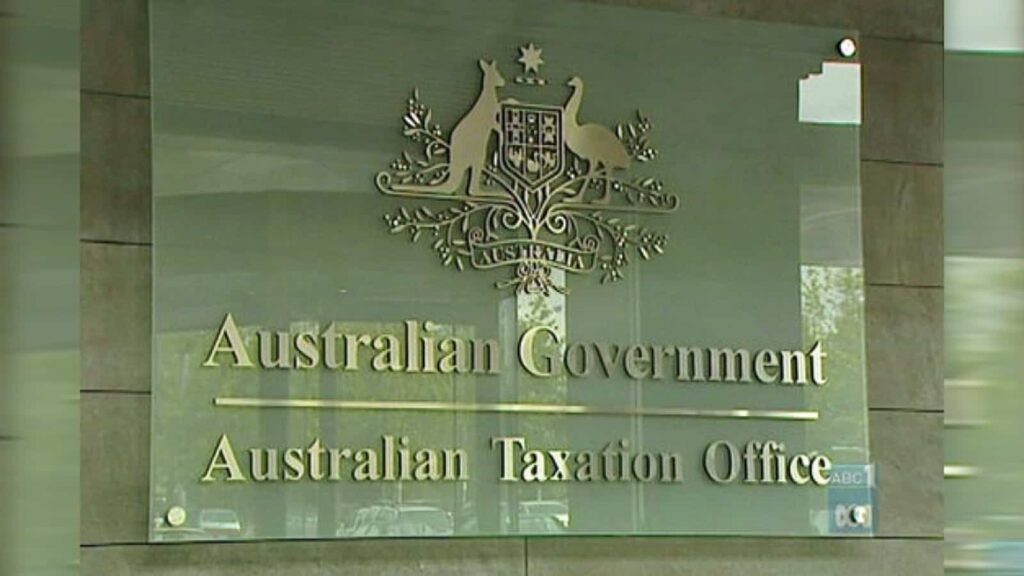Those three-digit figures, which have a tremendous amount of influence on our financial lives. You may have noticed that your credit score doesn’t always line up when you check it with several sources.
Why do credit scores vary, and which one should you believe?
Financial institutions have a wide range of requirements, which leads to different credit ratings. Understanding the variables that affect your credit score and keeping a frequent eye on your financial situation are vital.
Whatever grade you choose, sound financial management will always be music to your ears.
Why There Are Different Credit Scores
Multiple Credit Scoring Models
There isn’t just one credit scoring model; there are several. The most well-known is the FICO score, but there are others, such as VantageScore, used by different lenders and credit bureaus.
Each model has its unique algorithm, considering various factors like payment history, credit utilization, length of credit history, and recent credit applications.
Different Data Source
Credit scores rely on the information provided by credit bureaus like Equifax, Experian, and TransUnion. However, these bureaus may not always have identical data.
Lenders might report to one or two bureaus, leading to discrepancies in the credit information each bureau holds.
Customized Scoring
Lenders often tailor their credit scoring models to suit their specific needs. For instance, a mortgage lender may prioritize factors differently than an auto loan lender, leading to variations in your credit score when applying for different types of credit.
Time Sensitivity
Credit scores are snapshots of your credit history at a particular moment. As your financial behavior changes, so can your credit score. This means your score can fluctuate slightly from month to month.
Different Versions
Credit scoring models also evolve over time. New versions are created to better predict credit risk. This means that your FICO 8 score might be different from your FICO 9 score, even if based on the same credit history.
To summarise Credit scores fluctuate according to the criteria and needs of financial organisations. Understanding the elements that influence your score and periodically checking your financial health are critical components of smart financial management. Accept the variety of credit ratings for a prosperous financial future.
More Contents on Credit Score
The Complete Guide to Understanding Credit Scores
Why Having a Good Credit Score Is Important
Why There Are Different Credit Scores
What Affects Your Credit Scores?
How Do I Improve My Credit Score?
Where Can I See My Credit Score?
What Credit Score Do I Need to Buy a Car?
Can You Get a Car With Bad Credit?
What Credit Score Do I Need to Get a Good Deal on a Car?
Why Is a Credit Score Important When Buying a Car?
What to Do if You Don’t Have a Credit Score
Monitor Your Credit Report and Score




